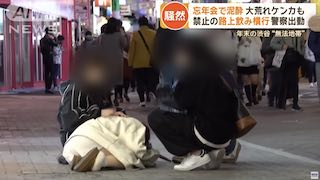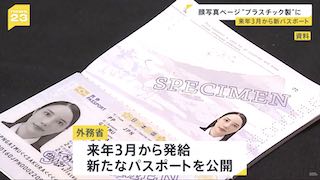Jun 02 (newsonjapan.com) - Each country has its own approach to overseeing games of chance, and Japan is one of the stricter nations in the global community when it comes to gambling laws.
It is also the spiritual home of modern gaming, and has a population that loves placing bets, just like any other part of the world. So how exactly is gambling regulated, and what options are there for betting if you’re a resident of or visitor to Japan?
Legal forms of gambling
Most examples of gambling are outlawed in Japan, but there are a few notable exceptions. First up, sports betting on events such as horse racing is allowed, so long as the events themselves are operated by the authorities, or by publicly owned bodies.
Then there are local lotteries, which are typically run on a regional basis, with half of the revenue being pumped back into government-approved programs and initiatives.
Online gambling is technically not allowed, although you can still take a look at new Play’n GO casinos in Japan and play without expectation of any issues, because so far there is no active attempt being made by the authorities to block gambling sites that are owned and operated overseas.
There is also an ongoing movement to legalize land-based casinos in Japan, and just a couple of years ago the government set up a body to look into this prospect, so full-blown Vegas-style gambling resorts could eventually emerge there.
The popularity of pachinko
The historic game of pachinko is worth discussing in its own right, because it is one of Japan’s biggest games of chance, and moreover represents a significant slice of the nation’s economy, with an incredible $200 billion being spent on it annually by the populace.
While pachinko machine designs have evolved significantly from their humble origins, the aim remains the same; you send a ball flying down through a series of obstacles, and if you land in the right spot you receive a payout.
This payout comes not in the form of hard currency, but of more pachinko balls, which can either be fed back into the machine, or exchanged for prizes.
These prizes can take the form of tangible goods, but more often than not they are represented by tokens, which in turn can be taken out of the pachinko parlor and exchanged for cash at a nearby stall.
The setup allows pachinko parlor operators to get around the ban on gambling for cash prizes, and the authorities tolerate this legal loophole because of how popular and culturally significant this game is.
The underground gambling scene
One of the issues with blacklisting all but state-approved forms of gambling is that this inevitably leads to people who are fans of it taking their wager-placing underground. In turn, this means that it often ends up in the control of organized crime, and generates no tax revenues as a result.
This is a common theme worldwide, and in Japan there are ample examples of gambling activities which are against the law, but which nevertheless take place.
The game of mahjong, for example, is often played in venues where participants are able to bet on the outcome of matches.
Likewise it is entirely possible to find backroom-style casinos where the games you’d expect to find in a mainstream venue in other countries are played, such as poker and blackjack.
The global stance on gambling seems to be softening, with countries like America embracing it more wholeheartedly. This could also cause a sea change in Japanese gambling laws, although a long and arduous process stands between the industry and broader legality in this part of the world.















